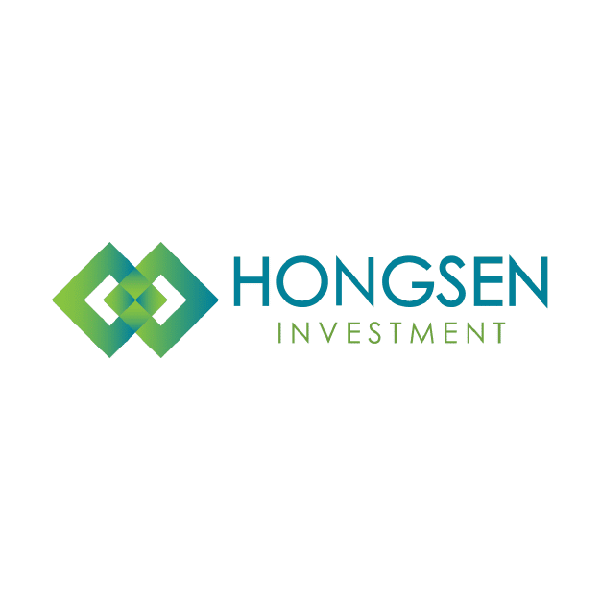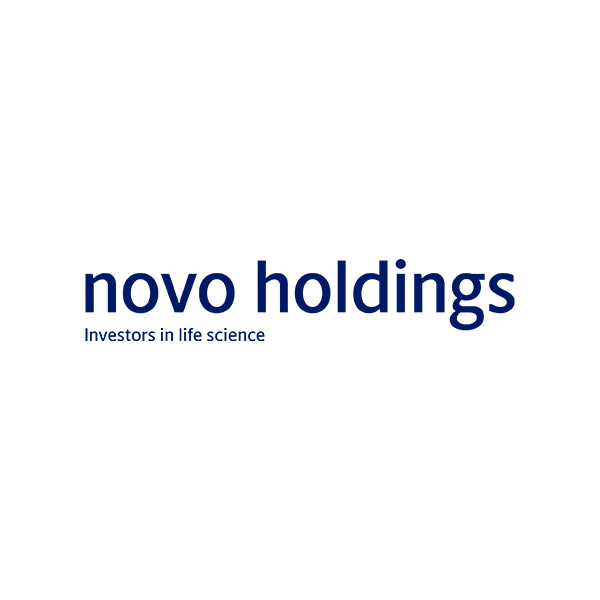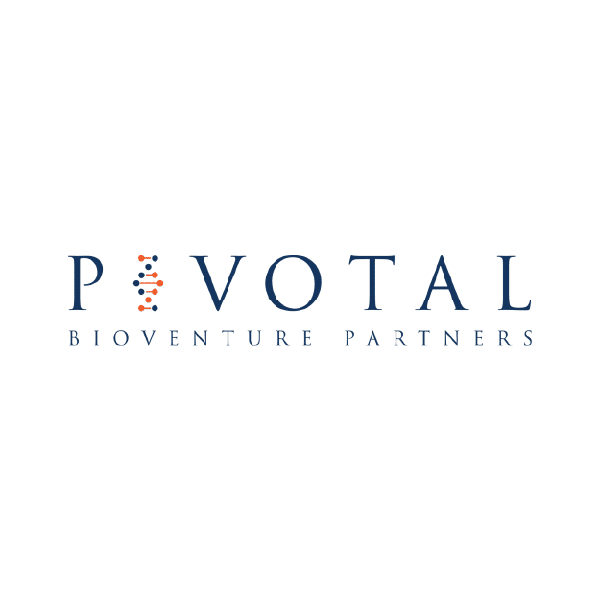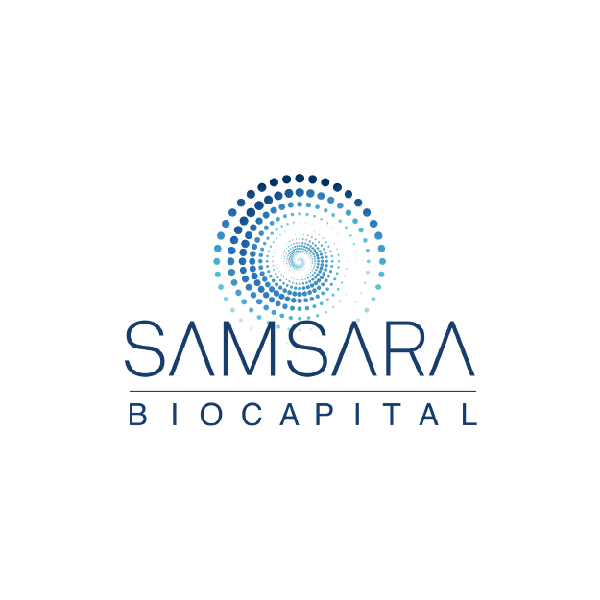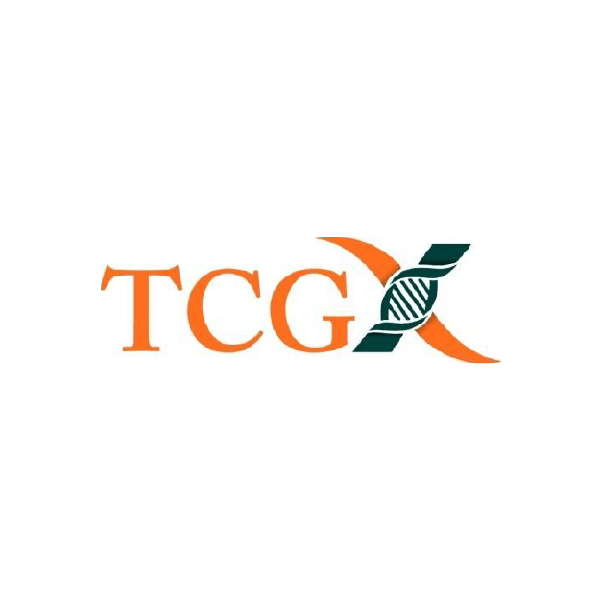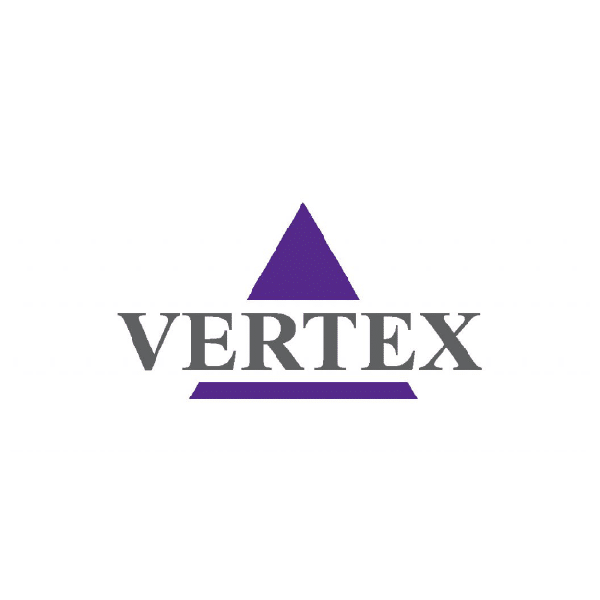About Us
Our Vision
At Obsidian, we are pioneering engineered cell and gene therapies to deliver transformative outcomes for patients.


Our Name
Obsidian is a volcanic glass that is used to make sharp and precise blades.
Reflecting our namesake, our approach enables precise, patient-specific engineering of cell and gene therapies. Like the diversity of obsidian sources, we value the diversity and unique talents of our people.
Management Team
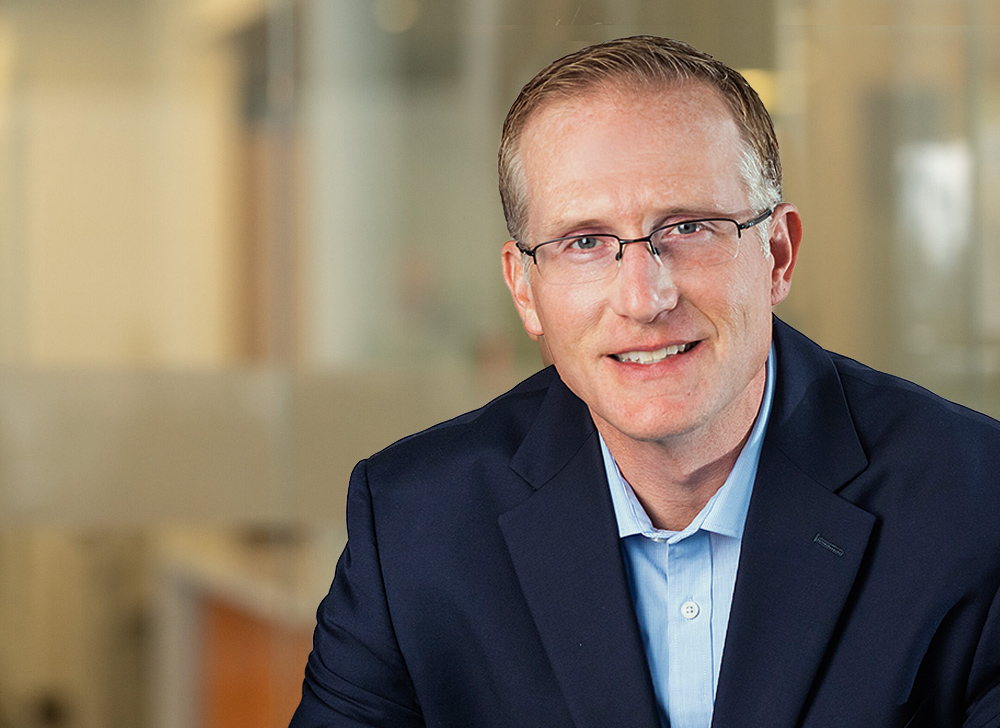
Dana Alexander
Chief Technical Officer
Dana Alexander, is Obsidian’s Chief Technical officer and heads technical development, manufacturing and quality. In this role he leads all aspects of CMC, including process development, analytical development, external manufacturing and supply chain for Obsidian’s product portfolio. He also is responsible for the quality assurance function that supports all of Obsidian’s GxP activities. Mr. Alexander brings over two decades of operational expertise across cell, gene therapy and biologics process development and chemistry, manufacturing, and controls (CMC), from Phase 1 through commercialization. Prior to joining Obsidian, Mr. Alexander was Senior Vice President of Technical Operations at AlloVir, where he built and led all CMC technical functions, including manufacturing, process and analytical development, supply chain, CMC program management and quality operations. Prior to AlloVir, Mr. Alexander held roles as at Thermo Fisher Scientific (Brammer Bio) and Chief Operations Officer at Anika Therapeutics and Sanofi Genzyme. Mr. Alexander holds an M.B.A. from Boston University and a B.S. in Chemical Engineering from Northeastern University.

Dana Alexander
Chief Technical Officer
Dana Alexander, is Obsidian’s Chief Technical officer and heads technical development, manufacturing and quality. In this role he leads all aspects of CMC, including process development, analytical development, external manufacturing and supply chain for Obsidian’s product portfolio. He also is responsible for the quality assurance function that supports all of Obsidian’s GxP activities. Mr. Alexander brings over two decades of operational expertise across cell, gene therapy and biologics process development and chemistry, manufacturing, and controls (CMC), from Phase 1 through commercialization. Prior to joining Obsidian, Mr. Alexander was Senior Vice President of Technical Operations at AlloVir, where he built and led all CMC technical functions, including manufacturing, process and analytical development, supply chain, CMC program management and quality operations. Prior to AlloVir, Mr. Alexander held roles as at Thermo Fisher Scientific (Brammer Bio) and Chief Operations Officer at Anika Therapeutics and Sanofi Genzyme. Mr. Alexander holds an M.B.A. from Boston University and a B.S. in Chemical Engineering from Northeastern University.
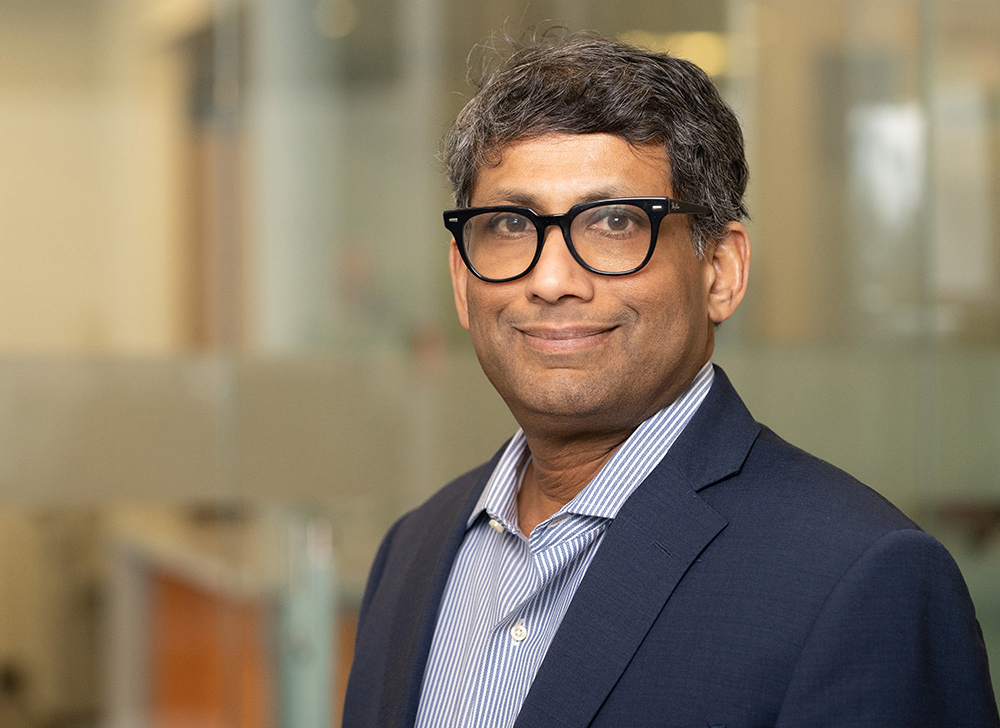
Parameswaran Hari, M.D., M.S.
Chief Development Officer
Parameswaran Hari, M.D., M.S., is Obsidian’s Chief Development Officer. Dr. Hari brings decades of experience designing, managing and leading complex cell and gene therapy clinical programs, including TIL therapies. Previously, Dr. Hari was Senior Vice President, Clinical Science at Iovance Biotherapeutics, where he led solid tumor adoptive cell therapy programs across multiple tumor types and indications, including new IND submission, first in human phase 1 studies and BLA submission efforts. Prior to Iovance, Dr. Hari was the Chief of Hematology and Oncology at the Medical College of Wisconsin, where he led national cooperative multi-PI trial groups in cell and gene therapy and multiple myeloma. He also served the American Society of Transplantation and Cellular Therapy (ASTCT) as its secretary. Dr. Hari received his M.B.B.S at Kerala University, M.D. at Central University of Pondicherry, and his M.S. at the Medical College of Wisconsin.

Parameswaran Hari, M.D., M.S.
Chief Development Officer
Parameswaran Hari, M.D., M.S., is Obsidian’s Chief Development Officer. Dr. Hari brings decades of experience designing, managing and leading complex cell and gene therapy clinical programs, including TIL therapies. Previously, Dr. Hari was Senior Vice President, Clinical Science at Iovance Biotherapeutics, where he led solid tumor adoptive cell therapy programs across multiple tumor types and indications, including new IND submission, first in human phase 1 studies and BLA submission efforts. Prior to Iovance, Dr. Hari was the Chief of Hematology and Oncology at the Medical College of Wisconsin, where he led national cooperative multi-PI trial groups in cell and gene therapy and multiple myeloma. He also served the American Society of Transplantation and Cellular Therapy (ASTCT) as its secretary. Dr. Hari received his M.B.B.S at Kerala University, M.D. at Central University of Pondicherry, and his M.S. at the Medical College of Wisconsin.
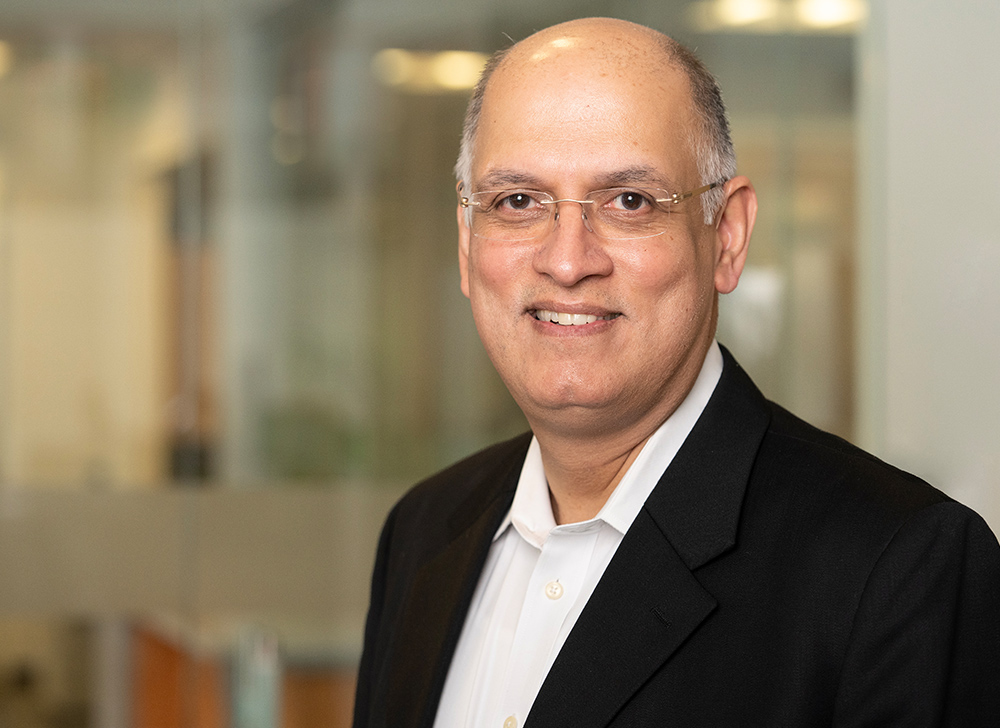
Madan Jagasia, M.D., M.S.
Chief Executive Officer
Madan Jagasia, M.D., M.S., is Obsidian’s Chief Executive Officer. Dr. Jagasia is a highly experienced physician executive with an extensive oncology and cell therapy-focused clinical background and deep industry experience developing tumor-infiltrating lymphocyte (TIL) treatments for cancer. Prior to joining Obsidian, Dr. Jagasia was Executive Vice President, Medical Affairs at Iovance Biotherapeutics, where he was responsible for managing national medical affairs, strategic congress planning, advocacy, strategic alliances and external research collaborations. Before Iovance, he was Chief Medical Officer and Executive Medical Director of Cancer Patient Care Center, Vanderbilt-Ingram Cancer Center (VICC), where he co-led Translational Research and Interventional Oncology Research Program at VICC. Dr. Jagasia began his career as a faculty member in the Division of Hematology-Oncology at Vanderbilt University Medical Center. Dr. Jagasia has his M.B.B.S from the GS Medical College & KEM Hospital, an M.S. and a Master of Management in Health Care from Vanderbilt University.

Madan Jagasia, M.D., M.S.
Chief Executive Officer
Madan Jagasia, M.D., M.S., is Obsidian’s Chief Executive Officer. Dr. Jagasia is a highly experienced physician executive with an extensive oncology and cell therapy-focused clinical background and deep industry experience developing tumor-infiltrating lymphocyte (TIL) treatments for cancer. Prior to joining Obsidian, Dr. Jagasia was Executive Vice President, Medical Affairs at Iovance Biotherapeutics, where he was responsible for managing national medical affairs, strategic congress planning, advocacy, strategic alliances and external research collaborations. Before Iovance, he was Chief Medical Officer and Executive Medical Director of Cancer Patient Care Center, Vanderbilt-Ingram Cancer Center (VICC), where he co-led Translational Research and Interventional Oncology Research Program at VICC. Dr. Jagasia began his career as a faculty member in the Division of Hematology-Oncology at Vanderbilt University Medical Center. Dr. Jagasia has his M.B.B.S from the GS Medical College & KEM Hospital, an M.S. and a Master of Management in Health Care from Vanderbilt University.
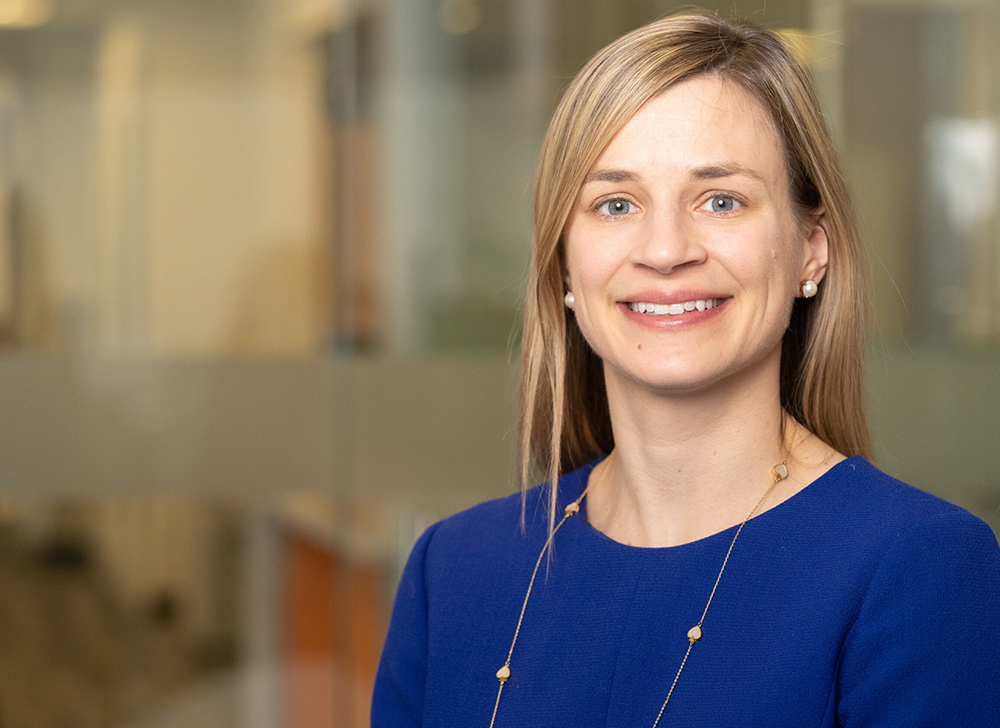
Kirsten Kester
SVP , Corporate Development and Strategy
Kirsten Kester is Obsidian’s Senior Vice President of Business Development, a role in which she defines and executes the company’s corporate and business development strategy. Previously, she was Senior Director at Huron Consulting (formerly Frankel Group), where she served on the leadership team for the life sciences practice. At Huron, Ms. Kester advised a diverse set of biopharma companies and their investors on corporate strategy, commercial strategy, pipeline and portfolio planning, and clinical development strategy. She also advised clients on business development transactions and led due diligence in support of investment decisions. Prior to joining Huron, Ms. Kester held roles in the Healthcare Investment Banking Group at Goldman Sachs and at Generation Health, a start-up pharmacogenomic testing company that was acquired by CVS Caremark. She holds a B.A. in biology from Harvard College and an MBA from Harvard Business School.

Kirsten Kester
SVP , Corporate Development and Strategy
Kirsten Kester is Obsidian’s Senior Vice President of Business Development, a role in which she defines and executes the company’s corporate and business development strategy. Previously, she was Senior Director at Huron Consulting (formerly Frankel Group), where she served on the leadership team for the life sciences practice. At Huron, Ms. Kester advised a diverse set of biopharma companies and their investors on corporate strategy, commercial strategy, pipeline and portfolio planning, and clinical development strategy. She also advised clients on business development transactions and led due diligence in support of investment decisions. Prior to joining Huron, Ms. Kester held roles in the Healthcare Investment Banking Group at Goldman Sachs and at Generation Health, a start-up pharmacogenomic testing company that was acquired by CVS Caremark. She holds a B.A. in biology from Harvard College and an MBA from Harvard Business School.
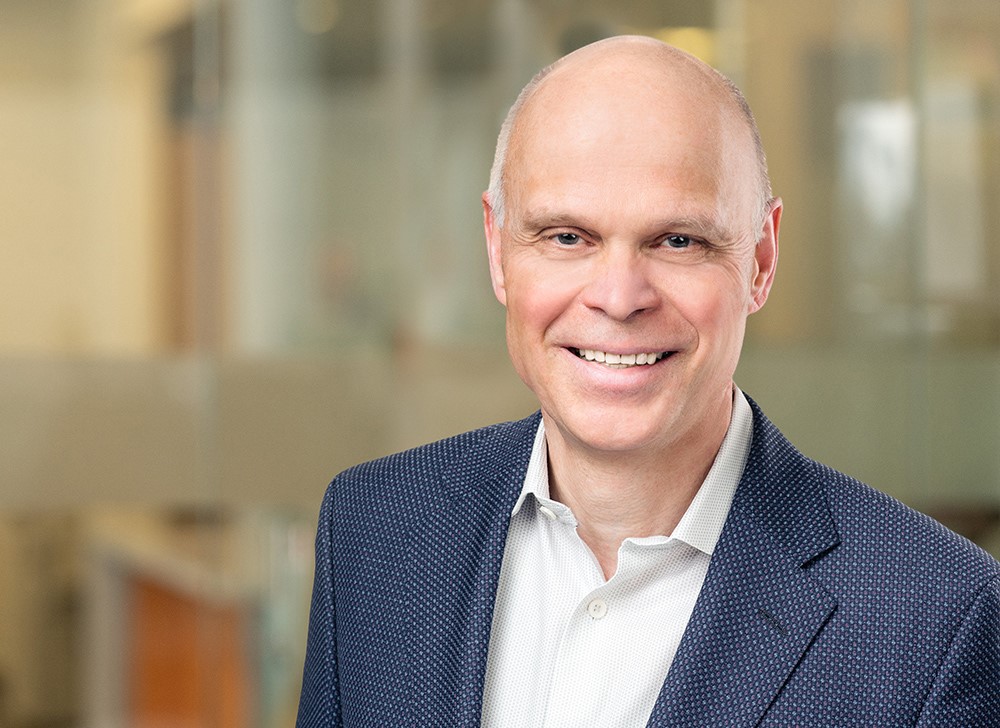
Jan ter Meulen, M.D., Ph.D.
Chief Scientific Officer
Jan ter Meulen, M.D., Ph.D., is Obsidian’s Chief Scientific Officer. A veteran researcher in pharmaceutical, biotechnology and academic settings, Dr. ter Meulen brings more than 25 years of operational and strategic research experience to Obsidian. Previously, as Chief Scientific Officer of Immune Design, Seattle, he was responsible for devising and communicating the immuno-oncology research strategy of the company, building its pipeline, and participating in the IPO and later sale of Immune Design to Merck & Co. in 2019. Before Immune Design, Dr. ter Meulen was Head of Vaccine Basic Research at Merck Research Laboratories, where he had operational responsibility for the entire vaccine discovery pipeline, and before that, Head of Antibody Discovery at Crucell N.V., Leiden, The Netherlands. He has held appointments at the German Cancer Research Center, Heidelberg, the Bernhard Nocht Institute of Tropical Medicine, Hamburg, and the Institute of Virology at the Philipps-University, Marburg, Germany. Dr. ter Meulen was an International Scholar of the Howard Hughes Medical Research Institute, and a consultant for scientific agencies in the United States, United Kingdom, Germany, France, South Africa and for the European Commission.

Jan ter Meulen, M.D., Ph.D.
Chief Scientific Officer
Jan ter Meulen, M.D., Ph.D., is Obsidian’s Chief Scientific Officer. A veteran researcher in pharmaceutical, biotechnology and academic settings, Dr. ter Meulen brings more than 25 years of operational and strategic research experience to Obsidian. Previously, as Chief Scientific Officer of Immune Design, Seattle, he was responsible for devising and communicating the immuno-oncology research strategy of the company, building its pipeline, and participating in the IPO and later sale of Immune Design to Merck & Co. in 2019. Before Immune Design, Dr. ter Meulen was Head of Vaccine Basic Research at Merck Research Laboratories, where he had operational responsibility for the entire vaccine discovery pipeline, and before that, Head of Antibody Discovery at Crucell N.V., Leiden, The Netherlands. He has held appointments at the German Cancer Research Center, Heidelberg, the Bernhard Nocht Institute of Tropical Medicine, Hamburg, and the Institute of Virology at the Philipps-University, Marburg, Germany. Dr. ter Meulen was an International Scholar of the Howard Hughes Medical Research Institute, and a consultant for scientific agencies in the United States, United Kingdom, Germany, France, South Africa and for the European Commission.
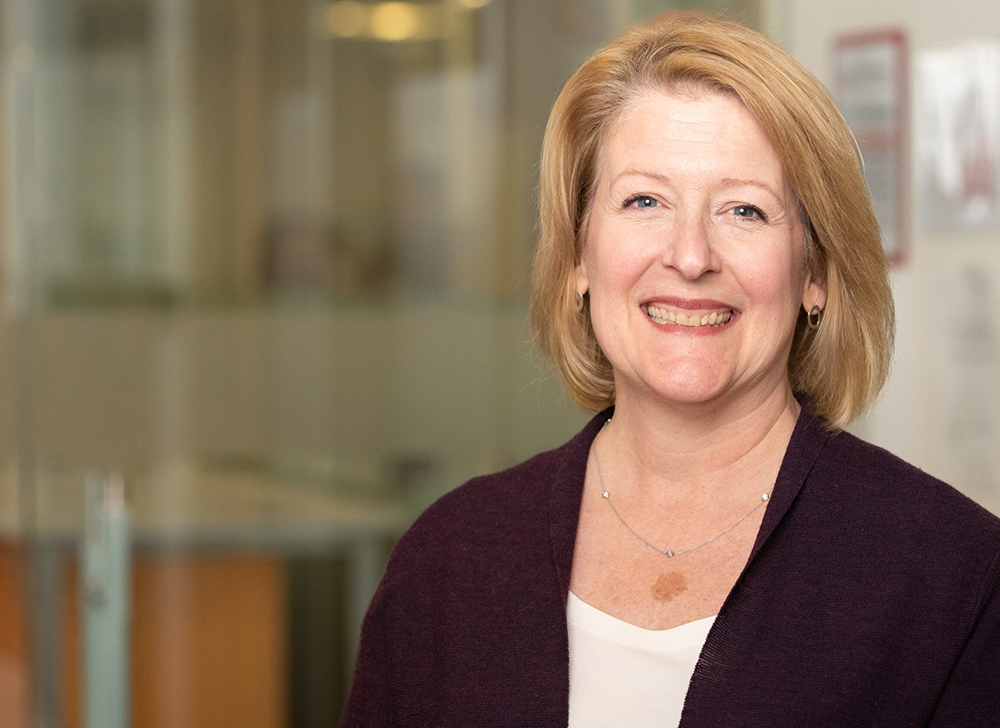
Jennifer Peterson
Chief People Officer
Jennifer Peterson is Obsidian’s Chief People Officer and responsible for talent, culture, and organizational development. Ms. Peterson brings nearly 20 years as an human resources (HR) executive in diverse, dynamic, rapidly growing private and public global software and biotech companies. She most recently served as Vice President of People at Inari Agriculture, where she was the Company’s first HR executive and led global growth from 50 to 150 employees, the transition from exploratory research to strategic execution, and established cultural pillars of inclusion, collaboration and innovation. Previously, Ms. Peterson was Senior Vice President, Human Resources at Monotype, Inc. and Intralinks, Inc., where she implemented people strategies to enable strategic transformations, and led threefold growth. Jennifer holds a B.A. in sociology from Franklin & Marshall College, and a certificate in Diversity, Equity and Inclusion from Cornell University’s ILR School.

Jennifer Peterson
Chief People Officer
Jennifer Peterson is Obsidian’s Chief People Officer and responsible for talent, culture, and organizational development. Ms. Peterson brings nearly 20 years as an human resources (HR) executive in diverse, dynamic, rapidly growing private and public global software and biotech companies. She most recently served as Vice President of People at Inari Agriculture, where she was the Company’s first HR executive and led global growth from 50 to 150 employees, the transition from exploratory research to strategic execution, and established cultural pillars of inclusion, collaboration and innovation. Previously, Ms. Peterson was Senior Vice President, Human Resources at Monotype, Inc. and Intralinks, Inc., where she implemented people strategies to enable strategic transformations, and led threefold growth. Jennifer holds a B.A. in sociology from Franklin & Marshall College, and a certificate in Diversity, Equity and Inclusion from Cornell University’s ILR School.
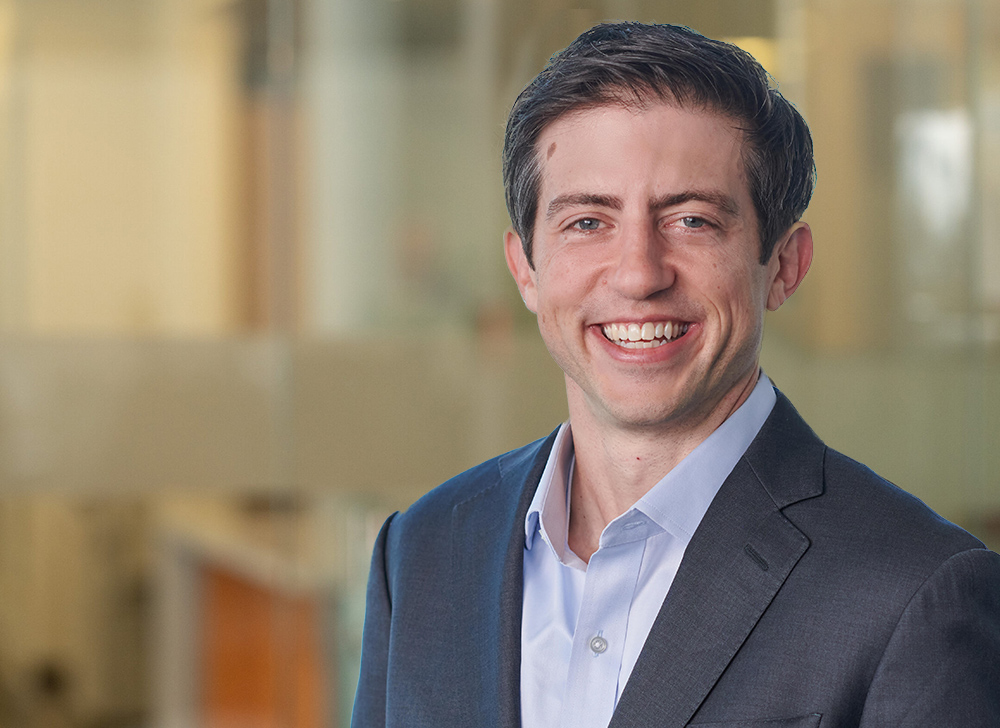
Jeffrey Trigilio
Chief Financial Officer
Jeffrey Trigilio is Obsidian’s Chief Financial Officer, a role in which he defines and drives the financial and corporate growth of the Company. Mr. Trigilio has served in a variety of financial and strategy roles in various life sciences and investment banking companies. Most recently, he served as Chief Financial Officer of Cullinan Oncology, where he guided its initial public offering and helped secure several business development transactions for its portfolio. Before Cullinan, Mr. Trigilio served as Chief Financial Officer for Amylyx Pharmaceuticals, Vice President of Corporate Finance at BlueRock Therapeutics, and in various corporate strategy and finance roles at Alexion Pharmaceuticals. Mr. Trigilio also has previous healthcare equity capital markets and investment banking experience at RBC Capital Markets and Credit Suisse. Mr. Trigilio holds an M.B.A. from Columbia Business School and a B.A. in Industrial and Labor Relations from Cornell University.

Jeffrey Trigilio
Chief Financial Officer
Jeffrey Trigilio is Obsidian’s Chief Financial Officer, a role in which he defines and drives the financial and corporate growth of the Company. Mr. Trigilio has served in a variety of financial and strategy roles in various life sciences and investment banking companies. Most recently, he served as Chief Financial Officer of Cullinan Oncology, where he guided its initial public offering and helped secure several business development transactions for its portfolio. Before Cullinan, Mr. Trigilio served as Chief Financial Officer for Amylyx Pharmaceuticals, Vice President of Corporate Finance at BlueRock Therapeutics, and in various corporate strategy and finance roles at Alexion Pharmaceuticals. Mr. Trigilio also has previous healthcare equity capital markets and investment banking experience at RBC Capital Markets and Credit Suisse. Mr. Trigilio holds an M.B.A. from Columbia Business School and a B.A. in Industrial and Labor Relations from Cornell University.
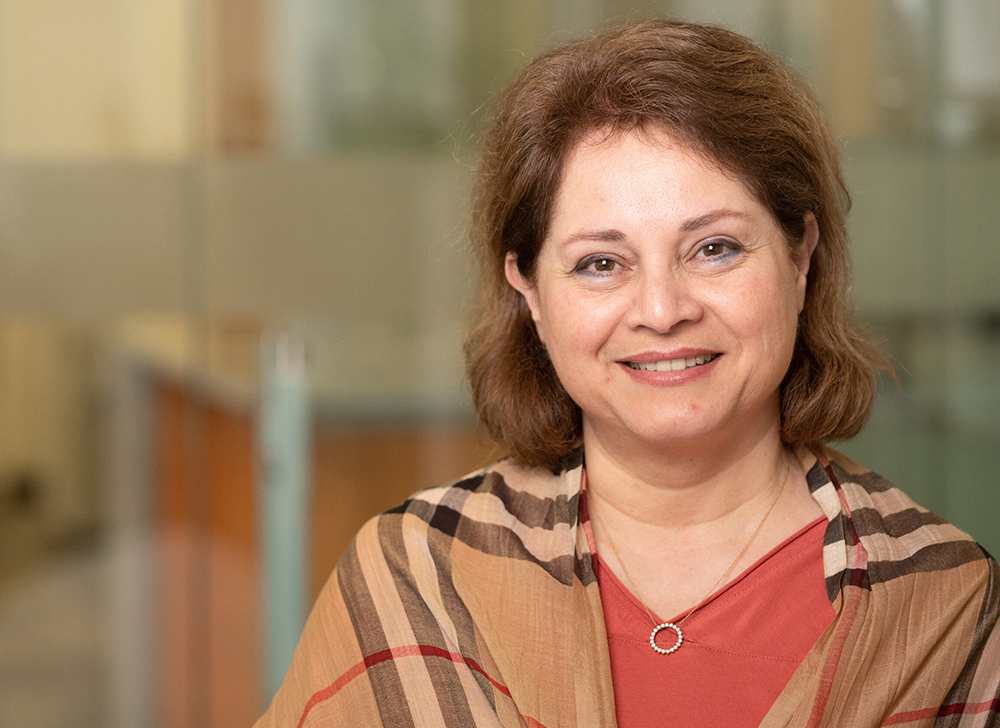
Maria Fardis, Ph.D.
Maria Fardis, Ph.D., is Chair of Obsidian’s Board of Directors, a Venture Partner at Frazier Life Sciences and the Chief Executive Officer of Lassen Therapeutics, a privately-held company developing first-in-class antibodies as potential treatments for fibrosis, thyroid eye disease, and oncology. She has over 20 years of scientific and management experience in numerous public and private companies. Dr. Fardis previously served as President and Chief Executive Officer of Iovance Biotherapeutics. As CEO at Iovance, she led the transformation from an early-stage development company to a company with multiple late-stage programs for the treatment of solid tumors. Prior to Iovance, Dr. Fardis served as the Chief Operating Officer of Acerta Pharma B.V., where she worked on the development of Calquence® until the company’s acquisition by AstraZeneca. Prior to that, she worked at Pharmacyclics, Inc., where she was a key contributor in the creation of a broad clinical program leading to global approvals for Imbruvica® in multiple hematologic malignancies, and where she served as Chief of Oncology Operations and Alliances. Prior to joining Pharmacyclics, Dr. Fardis held increasing senior positions in medicinal chemistry and the project and portfolio management department at Gilead Sciences, Inc., where she was involved with multiple therapeutic areas including antivirals, oncology, and cardiovascular therapeutics and worked on the development and life cycle management of Letairis®.

Maria Fardis, Ph.D.
Maria Fardis, Ph.D., is Chair of Obsidian’s Board of Directors, a Venture Partner at Frazier Life Sciences and the Chief Executive Officer of Lassen Therapeutics, a privately-held company developing first-in-class antibodies as potential treatments for fibrosis, thyroid eye disease, and oncology. She has over 20 years of scientific and management experience in numerous public and private companies. Dr. Fardis previously served as President and Chief Executive Officer of Iovance Biotherapeutics. As CEO at Iovance, she led the transformation from an early-stage development company to a company with multiple late-stage programs for the treatment of solid tumors. Prior to Iovance, Dr. Fardis served as the Chief Operating Officer of Acerta Pharma B.V., where she worked on the development of Calquence® until the company’s acquisition by AstraZeneca. Prior to that, she worked at Pharmacyclics, Inc., where she was a key contributor in the creation of a broad clinical program leading to global approvals for Imbruvica® in multiple hematologic malignancies, and where she served as Chief of Oncology Operations and Alliances. Prior to joining Pharmacyclics, Dr. Fardis held increasing senior positions in medicinal chemistry and the project and portfolio management department at Gilead Sciences, Inc., where she was involved with multiple therapeutic areas including antivirals, oncology, and cardiovascular therapeutics and worked on the development and life cycle management of Letairis®.
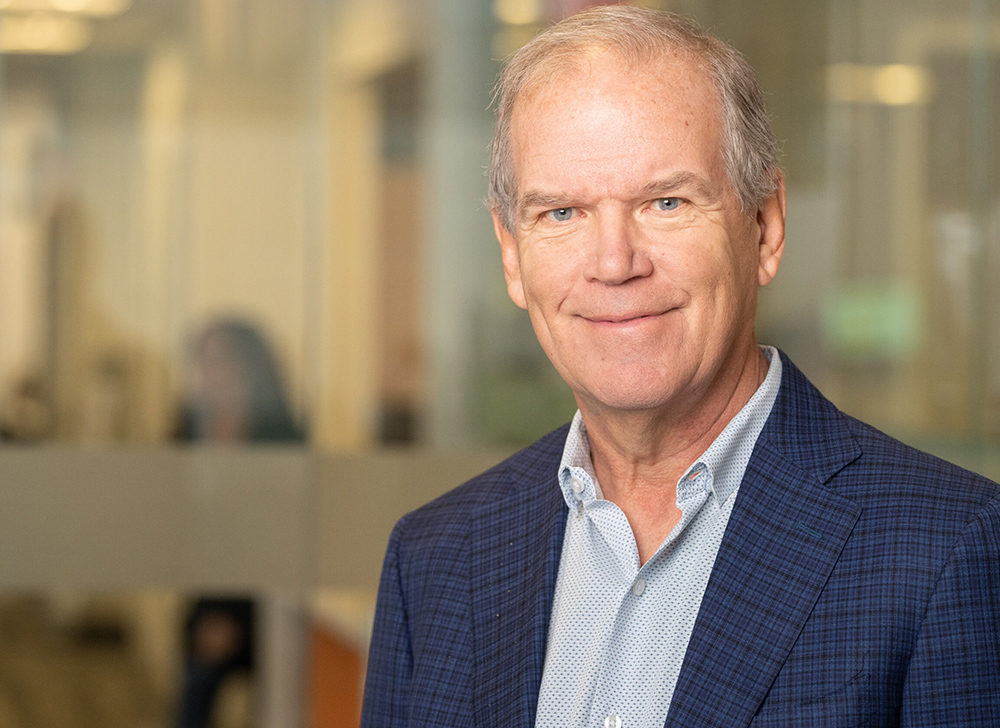
Peter Barrett, Ph.D
Peter Barrett is a partner at Atlas Venture and focuses on investments in therapeutics that significantly improve patients’ quality of life. At Atlas, Dr. Barrett has been involved in the creation of several novel therapeutic and drug discovery platform companies. He is currently chairman of Synlogic, and serves on the board of Obsidian Therapeutics and Larimar Therapeutics. Prior to joining Atlas in 2002, Peter was Co-Founder, Executive Vice President, and Chief Business Officer of Celera Genomics. Dr. Barrett helped launch Celera as a publicly traded entity in 1999. He led Celera’s strategic alliances and acquisitions, and participated in raising nearly $1 billion in capital for the company. Prior to Celera, he held senior management positions at PerkinElmer, most recently serving as Vice President, Corporate Planning and Business Development. During his tenure, he expanded the life science business units through a series of licensing agreements, partnerships and acquisitions. Dr. Barrett is currently Vice Chairman of the advisory council of the Barnett Institute of Chemical and Biological Analysis at Northeastern University, as well as adjunct professor at the Barnett Institute. He also serves on the Board of PerkinElmer. He received a B.S. in chemistry from Lowell Technological Institute (now known as the University of Massachusetts, Lowell), and a Ph.D. in analytical chemistry from Northeastern University. He also completed Harvard Business School’s Management Development Program. Outside the office, Dr. Barrett is a skier, competitive sailor, theater lover and frustrated actor.

Peter Barrett, Ph.D
Peter Barrett is a partner at Atlas Venture and focuses on investments in therapeutics that significantly improve patients’ quality of life. At Atlas, Dr. Barrett has been involved in the creation of several novel therapeutic and drug discovery platform companies. He is currently chairman of Synlogic, and serves on the board of Obsidian Therapeutics and Larimar Therapeutics. Prior to joining Atlas in 2002, Peter was Co-Founder, Executive Vice President, and Chief Business Officer of Celera Genomics. Dr. Barrett helped launch Celera as a publicly traded entity in 1999. He led Celera’s strategic alliances and acquisitions, and participated in raising nearly $1 billion in capital for the company. Prior to Celera, he held senior management positions at PerkinElmer, most recently serving as Vice President, Corporate Planning and Business Development. During his tenure, he expanded the life science business units through a series of licensing agreements, partnerships and acquisitions. Dr. Barrett is currently Vice Chairman of the advisory council of the Barnett Institute of Chemical and Biological Analysis at Northeastern University, as well as adjunct professor at the Barnett Institute. He also serves on the Board of PerkinElmer. He received a B.S. in chemistry from Lowell Technological Institute (now known as the University of Massachusetts, Lowell), and a Ph.D. in analytical chemistry from Northeastern University. He also completed Harvard Business School’s Management Development Program. Outside the office, Dr. Barrett is a skier, competitive sailor, theater lover and frustrated actor.
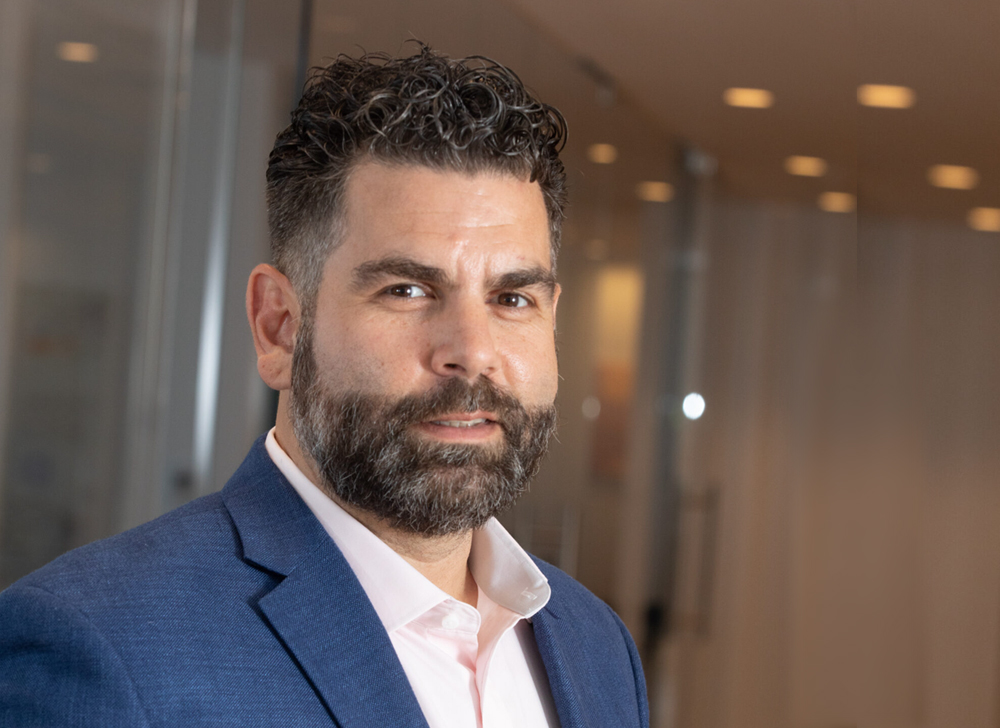
Ray Camahort, Ph.D.
Raymond Camahort, Ph.D., is Partner at Novo Holdings Venture Investments. He has over 15 years of combined investment, business, and research experience, with expertise in biochemistry, genetics, and gene therapy/editing. Prior to joining Novo Ventures, Ray worked in business development at the Harvard University Office of Technology Development where his role was to help facilitate commercialization of technologies developed in the chemistry and stem cell/regenerative biology departments. Ray has served on the Board of Directors of numerous companies, including Arcellx, Inspirna, iECURE, Clasp Therapeutics, and OnCusp Therapeutics. He completed a National Institute of Health post-doctoral training fellowship at Harvard University and was a pre-doctoral fellow at the Stowers Institute for Medical Research in Kansas City, Missouri. He holds a Ph.D. from the University of Kansas in biochemistry and molecular biology and a B.S. in biological sciences from the University of California Santa Barbara.

Ray Camahort, Ph.D.
Raymond Camahort, Ph.D., is Partner at Novo Holdings Venture Investments. He has over 15 years of combined investment, business, and research experience, with expertise in biochemistry, genetics, and gene therapy/editing. Prior to joining Novo Ventures, Ray worked in business development at the Harvard University Office of Technology Development where his role was to help facilitate commercialization of technologies developed in the chemistry and stem cell/regenerative biology departments. Ray has served on the Board of Directors of numerous companies, including Arcellx, Inspirna, iECURE, Clasp Therapeutics, and OnCusp Therapeutics. He completed a National Institute of Health post-doctoral training fellowship at Harvard University and was a pre-doctoral fellow at the Stowers Institute for Medical Research in Kansas City, Missouri. He holds a Ph.D. from the University of Kansas in biochemistry and molecular biology and a B.S. in biological sciences from the University of California Santa Barbara.
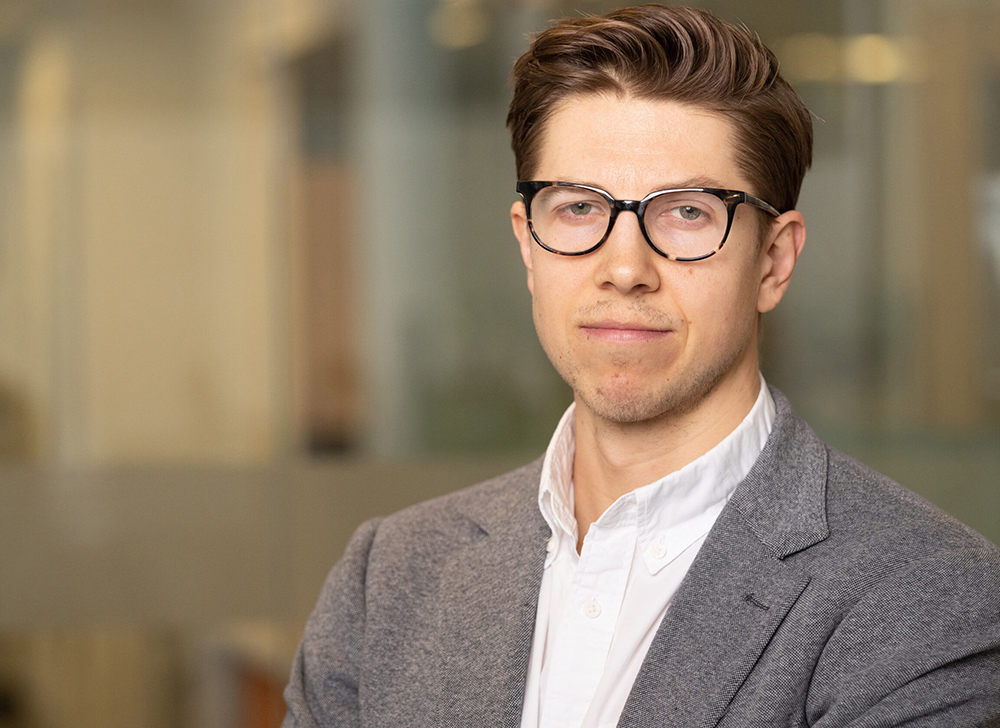
Cariad Chester
Cariad Chester is a member of Obsidian’s Board of Directors and a Managing Partner at TCGX. Founded in 2021, TCGX partners with intrepid innovators who can translate cutting-edge science into products that will make a meaningful difference for patients. TCGX manages ~$2 billion in capital and operates offices in San Francisco, Palo Alto, and New York City. Prior to joining TCGX, Cariad was a Managing Director at Aquilo Capital. His past investments include Icosavax (acquired by AstraZeneca), Iveric Bio (acquired by Astellas), Gracell Biotechnologies (acquired by AstraZeneca), Versanis (acquired by Eli Lilly), Akouos (acquired by Eli Lilly), VectivBio (acquired by Ironwood), Carmot (acquired by Roche), and Structure Therapeutics (NASDAQ: GPCR). He currently serves on the Board of Directors of Pheon, Beacon Therapeutics, Plexium, Vicebio, and Adcendo. Prior to investing, Cariad was a research scientist at Stanford University studying tumor-immune system interactions during cancer progression and treatment. Cariad received his B.A. from Swarthmore College, where he double majored in Neuroscience and Comparative Religious Studies.

Cariad Chester
Cariad Chester is a member of Obsidian’s Board of Directors and a Managing Partner at TCGX. Founded in 2021, TCGX partners with intrepid innovators who can translate cutting-edge science into products that will make a meaningful difference for patients. TCGX manages ~$2 billion in capital and operates offices in San Francisco, Palo Alto, and New York City. Prior to joining TCGX, Cariad was a Managing Director at Aquilo Capital. His past investments include Icosavax (acquired by AstraZeneca), Iveric Bio (acquired by Astellas), Gracell Biotechnologies (acquired by AstraZeneca), Versanis (acquired by Eli Lilly), Akouos (acquired by Eli Lilly), VectivBio (acquired by Ironwood), Carmot (acquired by Roche), and Structure Therapeutics (NASDAQ: GPCR). He currently serves on the Board of Directors of Pheon, Beacon Therapeutics, Plexium, Vicebio, and Adcendo. Prior to investing, Cariad was a research scientist at Stanford University studying tumor-immune system interactions during cancer progression and treatment. Cariad received his B.A. from Swarthmore College, where he double majored in Neuroscience and Comparative Religious Studies.
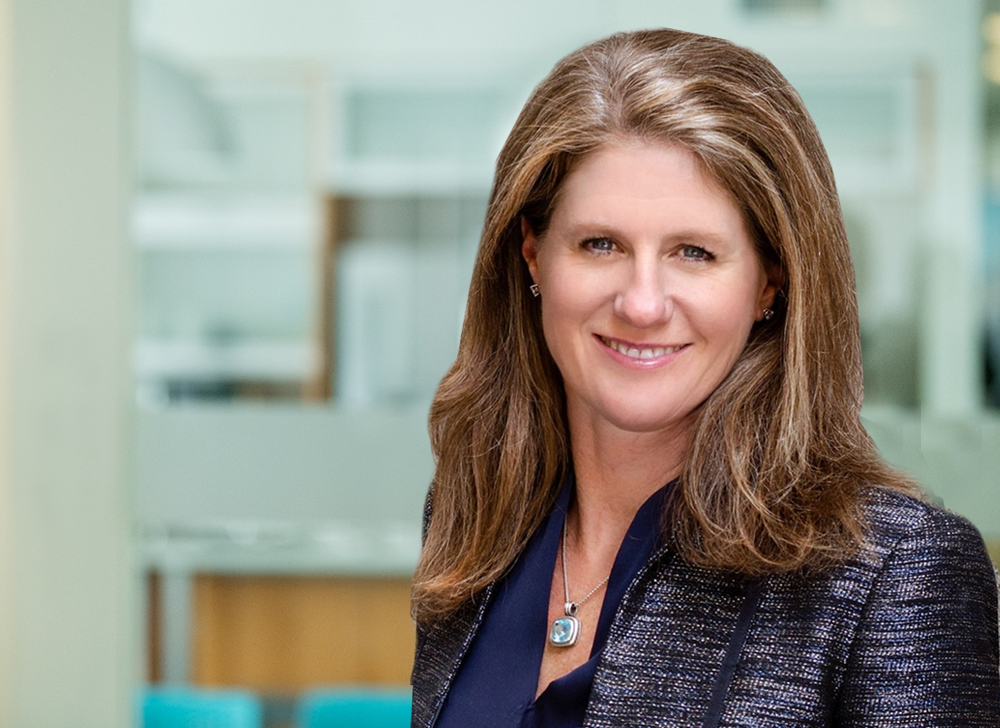
Heidi Hagen
Heidi Hagen is a member of Obsidian’s Board of Directors. Ms. Hagen has extensive experience in operations management and commercializing innovative technologies, including 20 years in the cell and gene therapy industry. Ms. Hagen is the former Chief Technical Officer of Sonoma Biotherapeutics, a privately-held company leading the development of adoptive Treg cell therapies for autoimmune and inflammatory diseases. She also serves on the Board of Directors for cell therapy company Vericel. Additionally, she served as interim CEO and sat on the board for Ziopharm Oncology, Inc., a publicly traded company developing immune-oncology gene and cell therapies. She is also Co-Founder and former Chief Strategy Officer of Vineti, a software platform company for cell and gene therapy supply chain management. Formerly, she served as Global COO for SOTIO Biotech a.s. and the Senior Vice President of Operations for Dendreon. She began her career at Immunex Corporation and worked for ten years in a range of roles in drug development and operations management. Ms. Hagen has a B.S. in cell and molecular biology, an M.S. in bioengineering, and an MBA from the University of Washington.

Heidi Hagen
Heidi Hagen is a member of Obsidian’s Board of Directors. Ms. Hagen has extensive experience in operations management and commercializing innovative technologies, including 20 years in the cell and gene therapy industry. Ms. Hagen is the former Chief Technical Officer of Sonoma Biotherapeutics, a privately-held company leading the development of adoptive Treg cell therapies for autoimmune and inflammatory diseases. She also serves on the Board of Directors for cell therapy company Vericel. Additionally, she served as interim CEO and sat on the board for Ziopharm Oncology, Inc., a publicly traded company developing immune-oncology gene and cell therapies. She is also Co-Founder and former Chief Strategy Officer of Vineti, a software platform company for cell and gene therapy supply chain management. Formerly, she served as Global COO for SOTIO Biotech a.s. and the Senior Vice President of Operations for Dendreon. She began her career at Immunex Corporation and worked for ten years in a range of roles in drug development and operations management. Ms. Hagen has a B.S. in cell and molecular biology, an M.S. in bioengineering, and an MBA from the University of Washington.

Madan Jagasia, M.D., M.S.
Madan Jagasia, M.D., M.S., is Obsidian’s Chief Executive Officer. Dr. Jagasia is a highly experienced physician executive with an extensive oncology and cell therapy-focused clinical background and deep industry experience developing tumor-infiltrating lymphocyte (TIL) treatments for cancer. Prior to joining Obsidian, Dr. Jagasia was Executive Vice President, Medical Affairs at Iovance Biotherapeutics, where he was responsible for managing national medical affairs, strategic congress planning, advocacy, strategic alliances and external research collaborations. Before Iovance, he was Chief Medical Officer and Executive Medical Director of Cancer Patient Care Center, Vanderbilt-Ingram Cancer Center (VICC), where he co-led Translational Research and Interventional Oncology Research Program at VICC. Dr. Jagasia began his career as a faculty member in the Division of Hematology-Oncology at Vanderbilt University Medical Center. Dr. Jagasia has his M.B.B.S from the GS Medical College & KEM Hospital, an M.S. and a Master of Management in Health Care from Vanderbilt University.

Madan Jagasia, M.D., M.S.
Madan Jagasia, M.D., M.S., is Obsidian’s Chief Executive Officer. Dr. Jagasia is a highly experienced physician executive with an extensive oncology and cell therapy-focused clinical background and deep industry experience developing tumor-infiltrating lymphocyte (TIL) treatments for cancer. Prior to joining Obsidian, Dr. Jagasia was Executive Vice President, Medical Affairs at Iovance Biotherapeutics, where he was responsible for managing national medical affairs, strategic congress planning, advocacy, strategic alliances and external research collaborations. Before Iovance, he was Chief Medical Officer and Executive Medical Director of Cancer Patient Care Center, Vanderbilt-Ingram Cancer Center (VICC), where he co-led Translational Research and Interventional Oncology Research Program at VICC. Dr. Jagasia began his career as a faculty member in the Division of Hematology-Oncology at Vanderbilt University Medical Center. Dr. Jagasia has his M.B.B.S from the GS Medical College & KEM Hospital, an M.S. and a Master of Management in Health Care from Vanderbilt University.
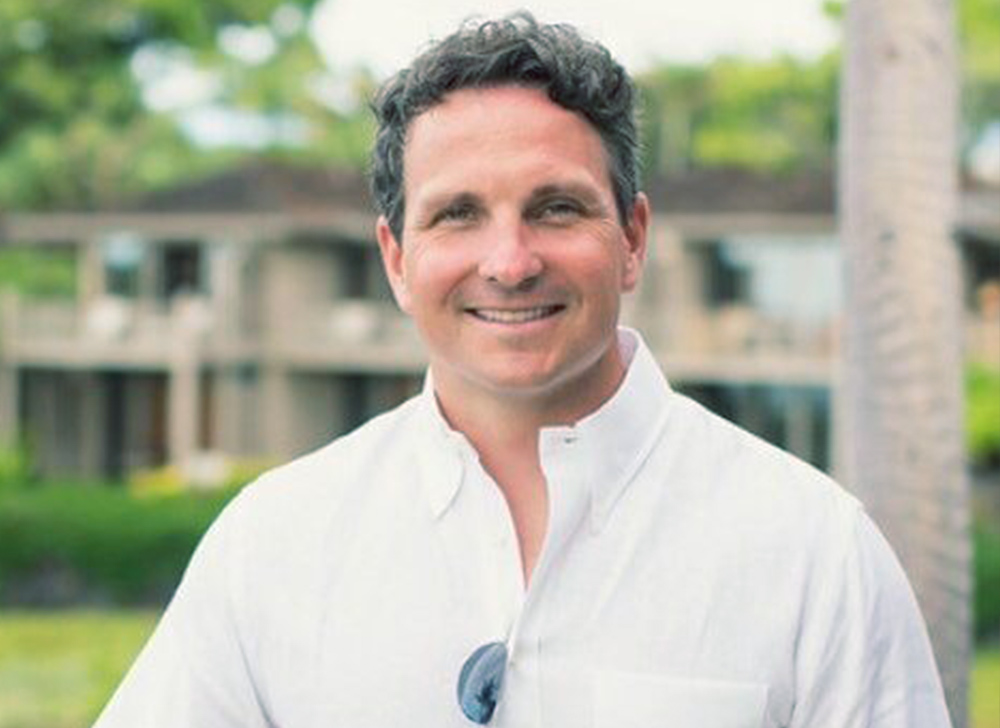
Matthew Norkunas, M.D., M.B.A.
Matthew Norkunas, M.D., M.B.A., currently serves as the chief financial officer of Generation Bio. Prior to Generation Bio, he was chief financial officer at SomaLogic, where he helped lead a complete strategic overhaul for the company, closed several large business development deals, and oversaw strong commercial growth both in the US and overseas. Previously, Matt served as senior equity analyst at Marsico Capital Management, where he was the firm’s primary health-care investment specialist. Matt began his career as a practicing anesthesiologist. He earned a Master of Business Administration from Columbia Business School, a medical degree from University of Maryland School of Medicine, and a Bachelor of Arts degree from St. Mary’s College of Maryland.

Matthew Norkunas, M.D., M.B.A.
Matthew Norkunas, M.D., M.B.A., currently serves as the chief financial officer of Generation Bio. Prior to Generation Bio, he was chief financial officer at SomaLogic, where he helped lead a complete strategic overhaul for the company, closed several large business development deals, and oversaw strong commercial growth both in the US and overseas. Previously, Matt served as senior equity analyst at Marsico Capital Management, where he was the firm’s primary health-care investment specialist. Matt began his career as a practicing anesthesiologist. He earned a Master of Business Administration from Columbia Business School, a medical degree from University of Maryland School of Medicine, and a Bachelor of Arts degree from St. Mary’s College of Maryland.
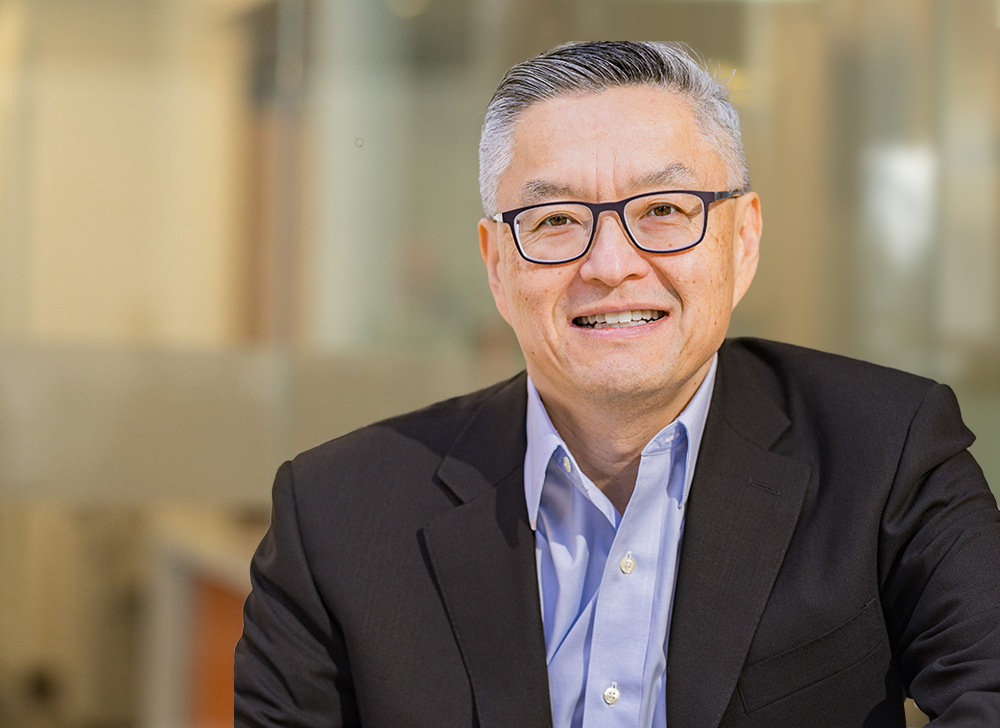
William Pao, M.D., Ph.D.
William Pao, M.D., Ph.D., is a member of Obsidian’s Board of Directors. Dr. Pao is a recognized for his seminal research in translational medicine, mechanistic and clinical studies of targeted cancer therapeutics, cancer genomics and personalized medicine. Dr. Pao served as Chief Development Officer and Executive Vice President for Pfizer, where he was a member of the Executive Leadership Team and led the Global Product Development organization, responsible for the clinical development and advancement of Pfizer’s pipeline. Previously, he served as the Head of the Roche Pharma Research & Early Development unit, where he oversaw the discovery and early development of new molecular entities across multiple therapeutic areas. He was a member of Roche’s Enlarged Corporate Executive Committee and founded the Roche Institute for Translational Bioengineering (now the Roche Institute for Human Biology). Prior to Roche, he was Professor of Medicine at Vanderbilt University’s Department of Medicine and served as the Cornelius Abernathy Craig Chair of Medical and Surgical Oncology, Director of the Division of Hematology/Oncology, and Director of Personalized Cancer Medicine at Vanderbilt-Ingram Cancer Center. Dr. Pao began his career as a practicing oncologist, lab researcher, and clinical investigator at Memorial Sloan-Kettering Cancer Center. Dr. Pao is on the Board of Directors of the American Association of Cancer Research. He is an elected member of the prestigious medical honor societies the American Society for Clinical Investigation and the Association of American Physicians. Dr. Pao is a member of the Council of Visitors of Vanderbilt University School of Medicine, where he is currently also an Adjunct Professor of Medicine. He is also an Adjunct Professor of Pharmacology and Medicine at Weill Cornell Medical College. He co-founded MyCancerGenome, an internationally recognized online tool to enable a genetically informed approach to cancer medicine. Dr. Pao received his undergraduate degree from Harvard University and his M.D. and Ph.D. degrees from Yale University.

William Pao, M.D., Ph.D.
William Pao, M.D., Ph.D., is a member of Obsidian’s Board of Directors. Dr. Pao is a recognized for his seminal research in translational medicine, mechanistic and clinical studies of targeted cancer therapeutics, cancer genomics and personalized medicine. Dr. Pao served as Chief Development Officer and Executive Vice President for Pfizer, where he was a member of the Executive Leadership Team and led the Global Product Development organization, responsible for the clinical development and advancement of Pfizer’s pipeline. Previously, he served as the Head of the Roche Pharma Research & Early Development unit, where he oversaw the discovery and early development of new molecular entities across multiple therapeutic areas. He was a member of Roche’s Enlarged Corporate Executive Committee and founded the Roche Institute for Translational Bioengineering (now the Roche Institute for Human Biology). Prior to Roche, he was Professor of Medicine at Vanderbilt University’s Department of Medicine and served as the Cornelius Abernathy Craig Chair of Medical and Surgical Oncology, Director of the Division of Hematology/Oncology, and Director of Personalized Cancer Medicine at Vanderbilt-Ingram Cancer Center. Dr. Pao began his career as a practicing oncologist, lab researcher, and clinical investigator at Memorial Sloan-Kettering Cancer Center. Dr. Pao is on the Board of Directors of the American Association of Cancer Research. He is an elected member of the prestigious medical honor societies the American Society for Clinical Investigation and the Association of American Physicians. Dr. Pao is a member of the Council of Visitors of Vanderbilt University School of Medicine, where he is currently also an Adjunct Professor of Medicine. He is also an Adjunct Professor of Pharmacology and Medicine at Weill Cornell Medical College. He co-founded MyCancerGenome, an internationally recognized online tool to enable a genetically informed approach to cancer medicine. Dr. Pao received his undergraduate degree from Harvard University and his M.D. and Ph.D. degrees from Yale University.
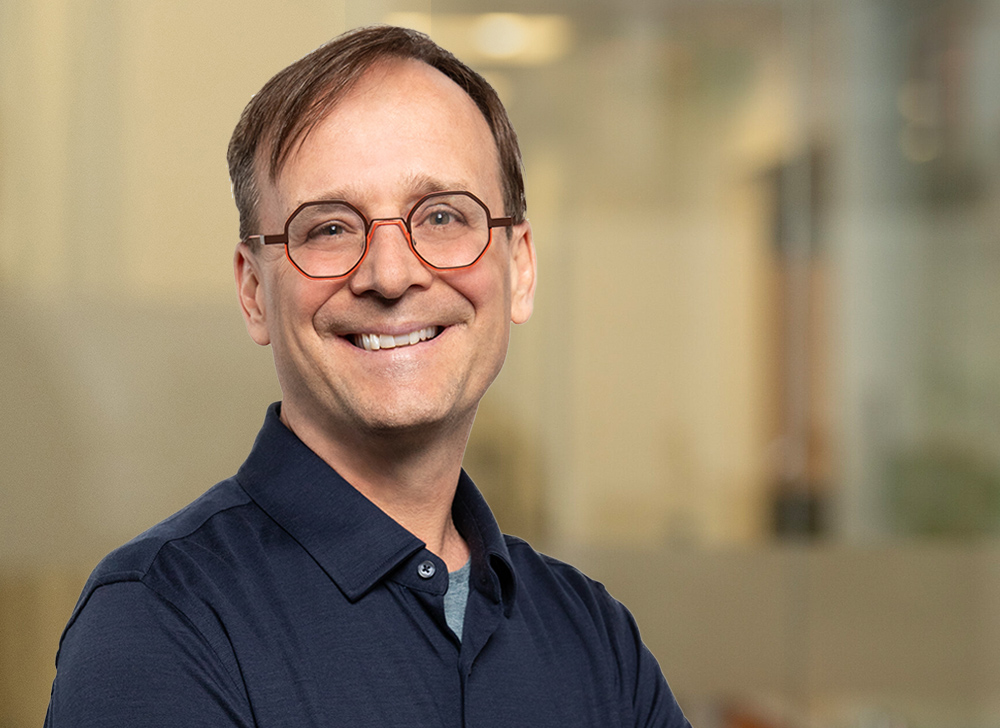
Rob Ross, M.D.
Rob Ross, M.D. serves as the chief executive officer of Clasp Therapeutics. Prior to Clasp, he most recently served as the Chief Executive Officer and as a member of the Board of Directors of Surface Oncology, Inc. before its acquisition by Coherus Biosciences. Rob has extensive biotech experience, including leading the clinical development of genetically modified cellular therapies in thalassemia and sickle cell disease at bluebird bio. Rob was also the head of oncology at bluebird, building a multifaceted oncology program, led by the anti-BCMA chimeric antigen T cell therapy (Abecma) in collaboration with Celgene. Previously, he worked at Genentech and Infinity Pharmaceuticals on both small molecule and antibody programs from Phase I through pivotal trials and was a faculty member at the Dana-Farber Cancer Institute, treating patients with genitourinary malignancies. Rob earned his bachelor’s degree from Stanford University, his master’s degree from Harvard Medical School and his medical degree from Columbia University Vagelos College of Physicians and Surgeons. Rob did his residency in internal medicine at the University of California, San Francisco and his fellowship in hematology/oncology at the combined program at the Dana Farber/Massachusetts General Hospital.

Rob Ross, M.D.
Rob Ross, M.D. serves as the chief executive officer of Clasp Therapeutics. Prior to Clasp, he most recently served as the Chief Executive Officer and as a member of the Board of Directors of Surface Oncology, Inc. before its acquisition by Coherus Biosciences. Rob has extensive biotech experience, including leading the clinical development of genetically modified cellular therapies in thalassemia and sickle cell disease at bluebird bio. Rob was also the head of oncology at bluebird, building a multifaceted oncology program, led by the anti-BCMA chimeric antigen T cell therapy (Abecma) in collaboration with Celgene. Previously, he worked at Genentech and Infinity Pharmaceuticals on both small molecule and antibody programs from Phase I through pivotal trials and was a faculty member at the Dana-Farber Cancer Institute, treating patients with genitourinary malignancies. Rob earned his bachelor’s degree from Stanford University, his master’s degree from Harvard Medical School and his medical degree from Columbia University Vagelos College of Physicians and Surgeons. Rob did his residency in internal medicine at the University of California, San Francisco and his fellowship in hematology/oncology at the combined program at the Dana Farber/Massachusetts General Hospital.
Michael Briskin, Ph.D.
Mike Briskin, Ph.D., is Chairperson of the Scientific Advisory Board at Obsidian Therapeutics. Dr. Briskin brings more than 20 years of industry experience in multiple areas of drug discovery, including molecular biology, immunobiology, oncology and inflammation. Prior to Obsidian, Dr. Briskin founded and ran discovery research at Jounce Therapeutics, a company developing biotherapeutics for immune-oncology indications. Prior to Jounce, he was Senior Director of Immunology at Merrimack Pharmaceuticals, where he led the company’s efforts aimed at translational studies with a lead therapeutic compound in rheumatoid arthritis, as well as programs in inflammation and oncology. Prior to Merrimack, Dr. Briskin was a scientific consultant for Healthcare Ventures, one of the world’s largest venture capital firms. Previously, he was Director of Inflammation – Cell Migration at LeukoSite and subsequently Millennium Pharmaceuticals, where his early discovery work led to the development and subsequent approval of a novel T Cell homing inhibitor, Entyvio® (vedolizumab), for Ulcerative Colitis and Crohn’s disease. Dr. Briskin also led efforts in target identification and validation for the Millennium/Aventis collaboration and led discovery efforts in the company’s biotherapeutic and small molecule programs. Dr. Briskin holds a Ph.D. in molecular biology and a B.A. in biology from the University of California, Los Angeles.
Michael Briskin, Ph.D.
Mike Briskin, Ph.D., is Chairperson of the Scientific Advisory Board at Obsidian Therapeutics. Dr. Briskin brings more than 20 years of industry experience in multiple areas of drug discovery, including molecular biology, immunobiology, oncology and inflammation. Prior to Obsidian, Dr. Briskin founded and ran discovery research at Jounce Therapeutics, a company developing biotherapeutics for immune-oncology indications. Prior to Jounce, he was Senior Director of Immunology at Merrimack Pharmaceuticals, where he led the company’s efforts aimed at translational studies with a lead therapeutic compound in rheumatoid arthritis, as well as programs in inflammation and oncology. Prior to Merrimack, Dr. Briskin was a scientific consultant for Healthcare Ventures, one of the world’s largest venture capital firms. Previously, he was Director of Inflammation – Cell Migration at LeukoSite and subsequently Millennium Pharmaceuticals, where his early discovery work led to the development and subsequent approval of a novel T Cell homing inhibitor, Entyvio® (vedolizumab), for Ulcerative Colitis and Crohn’s disease. Dr. Briskin also led efforts in target identification and validation for the Millennium/Aventis collaboration and led discovery efforts in the company’s biotherapeutic and small molecule programs. Dr. Briskin holds a Ph.D. in molecular biology and a B.A. in biology from the University of California, Los Angeles.
Chris Klebanoff, M.D.
Chris Klebanoff, M.D., is an assistant member, Center for Cell Engineering, Memorial Sloan Kettering Cancer Center, and a member investigator, The Parker Institute for Cancer Immunotherapy. Dr. Klebanoff is a cellular immunologist and medical oncologist with 17 years of experience in the pre-clinical and clinical development of T cell-based immunotherapies for the treatment of solid and hematologic cancers. Prior to joining Memorial Sloan Kettering, he was an assistant clinical investigator and a NIH-Howard Hughes Medical Institute Research Scholar at the U.S. National Institutes of Health in Bethesda, MD. As a member of the NCI Surgery Branch’s senior staff, he participated in the early phase clinical development of numerous T cell-based therapies which would later be licensed to commercial entities. These include the anti-CD19 28-zeta CAR that would become Yescarta® (axicabtagene ciloleucel), gene engineered TCR therapies targeting NY-ESO-1, MAGE-A3/6, and HPV E6, and neoantigen selected TIL therapies for a diverse range of solid cancers. Dr. Klebanoff’s laboratory investigations have contributed to the mechanistic understanding of how lymphodepletion enhances adoptive immunotherapies and how T cell differentiation status influences cellular persistence and clinical outcomes.
Chris Klebanoff, M.D.
Chris Klebanoff, M.D., is an assistant member, Center for Cell Engineering, Memorial Sloan Kettering Cancer Center, and a member investigator, The Parker Institute for Cancer Immunotherapy. Dr. Klebanoff is a cellular immunologist and medical oncologist with 17 years of experience in the pre-clinical and clinical development of T cell-based immunotherapies for the treatment of solid and hematologic cancers. Prior to joining Memorial Sloan Kettering, he was an assistant clinical investigator and a NIH-Howard Hughes Medical Institute Research Scholar at the U.S. National Institutes of Health in Bethesda, MD. As a member of the NCI Surgery Branch’s senior staff, he participated in the early phase clinical development of numerous T cell-based therapies which would later be licensed to commercial entities. These include the anti-CD19 28-zeta CAR that would become Yescarta® (axicabtagene ciloleucel), gene engineered TCR therapies targeting NY-ESO-1, MAGE-A3/6, and HPV E6, and neoantigen selected TIL therapies for a diverse range of solid cancers. Dr. Klebanoff’s laboratory investigations have contributed to the mechanistic understanding of how lymphodepletion enhances adoptive immunotherapies and how T cell differentiation status influences cellular persistence and clinical outcomes.
Lewis Lanier, Ph.D.
Lewis L. Lanier, Ph.D., is an American Cancer Society Professor, the J. Michael Bishop M.D. Distinguished Professor and Chairman of the Department of Microbiology and Immunology at the University of California, San Francisco, Leader of the Cancer Immunity Program of the UCSF Helen Diller Comprehensive Cancer Center and Director of the Parker Institute for Cancer Immunotherapy at UCSF. Dr. Lanier received his Ph.D. in microbiology and immunology from the University of North Carolina, Chapel Hill. After postdoctoral studies, first at the Lineberger Cancer Center at UNC, Chapel Hill and then as a Damon Runyon – Walter Winchell Cancer Research Fellow at the University of New Mexico, he joined the Research & Development Department at the Becton Dickinson Monoclonal Center in Mountain View, California, advancing to Associate Director of Research and was a Becton Dickinson Research Fellow. In 1990, he joined the DNAX Research Institute of Molecular and Cellular Biology in Palo Alto, California, where he advanced to Director of Immunobiology. In 1999, Dr. Lanier joined the faculty of UCSF. His research group studies natural killer cells, which recognize and eliminate cells that have become transformed or infected by viruses. In recognition of his scientific contributions, he was awarded the William B. Coley Award for Distinguished Research in Basic Tumor Immunology from the Cancer Research Institute in 2002. In 2005, he was given the Rose Payne Award for contributions to the field of immunogenetics by the American Society for Histocompatibility and Immunogenetics; in 2010 was elected to the U.S. National Academy of Sciences; and in 2011 was named a Fellow of the American Academy of Microbiology and elected to the American Academy of Arts and Sciences. He was awarded the 2017 Excellence in Mentoring Award from the American Association of Immunologists, served as President from 2006-2007, and named an AAI Distinguished Fellow in 2019. Dr. Lanier serves on the Scientific Advisory Board of several pharma and biotech companies and research institutes and Editorial boards of scientific journals.
Lewis Lanier, Ph.D.
Lewis L. Lanier, Ph.D., is an American Cancer Society Professor, the J. Michael Bishop M.D. Distinguished Professor and Chairman of the Department of Microbiology and Immunology at the University of California, San Francisco, Leader of the Cancer Immunity Program of the UCSF Helen Diller Comprehensive Cancer Center and Director of the Parker Institute for Cancer Immunotherapy at UCSF. Dr. Lanier received his Ph.D. in microbiology and immunology from the University of North Carolina, Chapel Hill. After postdoctoral studies, first at the Lineberger Cancer Center at UNC, Chapel Hill and then as a Damon Runyon – Walter Winchell Cancer Research Fellow at the University of New Mexico, he joined the Research & Development Department at the Becton Dickinson Monoclonal Center in Mountain View, California, advancing to Associate Director of Research and was a Becton Dickinson Research Fellow. In 1990, he joined the DNAX Research Institute of Molecular and Cellular Biology in Palo Alto, California, where he advanced to Director of Immunobiology. In 1999, Dr. Lanier joined the faculty of UCSF. His research group studies natural killer cells, which recognize and eliminate cells that have become transformed or infected by viruses. In recognition of his scientific contributions, he was awarded the William B. Coley Award for Distinguished Research in Basic Tumor Immunology from the Cancer Research Institute in 2002. In 2005, he was given the Rose Payne Award for contributions to the field of immunogenetics by the American Society for Histocompatibility and Immunogenetics; in 2010 was elected to the U.S. National Academy of Sciences; and in 2011 was named a Fellow of the American Academy of Microbiology and elected to the American Academy of Arts and Sciences. He was awarded the 2017 Excellence in Mentoring Award from the American Association of Immunologists, served as President from 2006-2007, and named an AAI Distinguished Fellow in 2019. Dr. Lanier serves on the Scientific Advisory Board of several pharma and biotech companies and research institutes and Editorial boards of scientific journals.
Vic Myer, Ph.D.
Vic Myer, Ph.D., is President and Chief Scientific Officer at Chroma Medicine and an Advisor at Atlas Venture. He also serves as an Independent Board member at KromaTid, Inc, an advisor to the NIH SCGE, and an SAB member at both Obsidian Therapeutics and Life Edit Therapeutics. Previously, he was Chief Technology Officer of Editas Medicine where he led the genome editing platform, CMC and chemistry departments. He has more than 20 years of experience in the biotech industry. At the Novartis Institutes for Biomedical Research, he led a large, technology focused target discovery, target validation and lead finding group in the Developmental and Molecular Pathways department for 11 years. Prior to Novartis, Dr. Myer focused on industrializing and using ‘omics technologies at Millennium, Akceli and Corning. He has B.S. from Cornell, a Ph.D. from Yale and did his post-doc at MIT/The Whitehead.
Vic Myer, Ph.D.
Vic Myer, Ph.D., is President and Chief Scientific Officer at Chroma Medicine and an Advisor at Atlas Venture. He also serves as an Independent Board member at KromaTid, Inc, an advisor to the NIH SCGE, and an SAB member at both Obsidian Therapeutics and Life Edit Therapeutics. Previously, he was Chief Technology Officer of Editas Medicine where he led the genome editing platform, CMC and chemistry departments. He has more than 20 years of experience in the biotech industry. At the Novartis Institutes for Biomedical Research, he led a large, technology focused target discovery, target validation and lead finding group in the Developmental and Molecular Pathways department for 11 years. Prior to Novartis, Dr. Myer focused on industrializing and using ‘omics technologies at Millennium, Akceli and Corning. He has B.S. from Cornell, a Ph.D. from Yale and did his post-doc at MIT/The Whitehead.
Kim Schluns, Ph.D.
Kim Schluns, PhD is a Senior Director at Kite Pharma. Previously, she was on faculty in the department of Immunology at the University of Texas MD Anderson Cancer Center. Her research there was focused on IL-15, and specifically how transpresentation of IL-15 by certain cell types drives distinct responses depending on the stage of lymphocyte differentiation and lymphocyte subset. Dr. Schluns completed her PhD in Cell Biology from Loyola University Chicago in 1998 where she studied cytokine regulation by human thymic epithelial cells. She then obtained postdoctoral training in the laboratory of Leo Lefrancois, Ph.D. at the University of Connecticut Health Science Center conducting research elucidating the crucial roles of IL-7 and IL-15 in T cell homeostasis and memory CD8 T cell differentiation.
Kim Schluns, Ph.D.
Kim Schluns, PhD is a Senior Director at Kite Pharma. Previously, she was on faculty in the department of Immunology at the University of Texas MD Anderson Cancer Center. Her research there was focused on IL-15, and specifically how transpresentation of IL-15 by certain cell types drives distinct responses depending on the stage of lymphocyte differentiation and lymphocyte subset. Dr. Schluns completed her PhD in Cell Biology from Loyola University Chicago in 1998 where she studied cytokine regulation by human thymic epithelial cells. She then obtained postdoctoral training in the laboratory of Leo Lefrancois, Ph.D. at the University of Connecticut Health Science Center conducting research elucidating the crucial roles of IL-7 and IL-15 in T cell homeostasis and memory CD8 T cell differentiation.
Tom Wandless, Ph.D.
Tom Wandless, Ph.D., is Obsidian’s Scientific Founder and a Professor of Chemical and Systems Biology at Stanford University. Dr. Wandless earned his Ph.D. in chemistry from Harvard University and his B.S. in biochemistry from Trinity University. Following his undergraduate studies, he worked in the laboratory of Stuart Schreiber where he helped elucidate the molecular mechanisms of the immunosuppressive drugs, FK506 and cyclosporin. Based on those studies, he then developed the first chemical dimerizer system to control specific gene transcription in T cells. He spent two years as a postdoctoral fellow with Chris Walsh at Harvard Medical School before starting his own lab at Stanford in 1995. The Wandless Lab concentrates on the invention of molecules and techniques that enable better studies of biological processes, inventing tools and techniques that provide new experimental windows into mechanisms that cells use to maintain protein homeostasis. In particular, his work over the last 15+ years on the use of small molecules to regulate protein folding and stability serves as the basis for Obsidian’s Drug Responsive Domain technology.
Tom Wandless, Ph.D.
Tom Wandless, Ph.D., is Obsidian’s Scientific Founder and a Professor of Chemical and Systems Biology at Stanford University. Dr. Wandless earned his Ph.D. in chemistry from Harvard University and his B.S. in biochemistry from Trinity University. Following his undergraduate studies, he worked in the laboratory of Stuart Schreiber where he helped elucidate the molecular mechanisms of the immunosuppressive drugs, FK506 and cyclosporin. Based on those studies, he then developed the first chemical dimerizer system to control specific gene transcription in T cells. He spent two years as a postdoctoral fellow with Chris Walsh at Harvard Medical School before starting his own lab at Stanford in 1995. The Wandless Lab concentrates on the invention of molecules and techniques that enable better studies of biological processes, inventing tools and techniques that provide new experimental windows into mechanisms that cells use to maintain protein homeostasis. In particular, his work over the last 15+ years on the use of small molecules to regulate protein folding and stability serves as the basis for Obsidian’s Drug Responsive Domain technology.
Cassian Yee, M.D.
Cassian Yee, M.D., is Professor in the Departments of Melanoma Medical Oncology and Immunology, Co-Director of the Adoptive Cellular Therapy Platform and Director of Solid Tumor Cell Therapy at UT MD Anderson Cancer Center. He received his medical training in Canada, residency at Stanford and fellowship at Fred Hutchinson Cancer Research Center. He is an elected member of the American Society of Clinical Investigators, recipient of Clinical Translational Scientist Award from Burroughs Wellcome Fund, CPRIT Clinical Investigator award, Co-Leader of the Stand Up to Cancer- American Association for Cancer Research / Cancer Research Institute Immunotherapy Dream Team, and Member of the Parker Institute for Cancer Immunotherapy. Over the last 20+ years, Dr. Yee has pioneered a form of adoptive cell therapy, known as Endogenous T Cell (ETC) therapy, using peripheral blood to generate antigen-specific memory T cells for the treatment of patients with cancer. His lab has performed several seminal first-in-human studies using a well-defined, uniform population of ex vivo expanded antigen-specific T cells to delineate the requirements for effective immune-based therapies He is author of publications in top-tier journals including The New England Journal of Medicine, Nature, Science, Nature Medicine, Journal of Clinical Oncology and Journal of Experimental Medicine. He holds international patents and seeks to extend immunotherapy-based cancer treatments globally with collaborators. His work converges multidisciplinary approaches in bioengineering, metabolism, molecular immunology and cellular biology to develop effective immunotherapy strategies and adoptive cellular therapy, in particular, as a treatment modality for patients with malignant diseases.
Cassian Yee, M.D.
Cassian Yee, M.D., is Professor in the Departments of Melanoma Medical Oncology and Immunology, Co-Director of the Adoptive Cellular Therapy Platform and Director of Solid Tumor Cell Therapy at UT MD Anderson Cancer Center. He received his medical training in Canada, residency at Stanford and fellowship at Fred Hutchinson Cancer Research Center. He is an elected member of the American Society of Clinical Investigators, recipient of Clinical Translational Scientist Award from Burroughs Wellcome Fund, CPRIT Clinical Investigator award, Co-Leader of the Stand Up to Cancer- American Association for Cancer Research / Cancer Research Institute Immunotherapy Dream Team, and Member of the Parker Institute for Cancer Immunotherapy. Over the last 20+ years, Dr. Yee has pioneered a form of adoptive cell therapy, known as Endogenous T Cell (ETC) therapy, using peripheral blood to generate antigen-specific memory T cells for the treatment of patients with cancer. His lab has performed several seminal first-in-human studies using a well-defined, uniform population of ex vivo expanded antigen-specific T cells to delineate the requirements for effective immune-based therapies He is author of publications in top-tier journals including The New England Journal of Medicine, Nature, Science, Nature Medicine, Journal of Clinical Oncology and Journal of Experimental Medicine. He holds international patents and seeks to extend immunotherapy-based cancer treatments globally with collaborators. His work converges multidisciplinary approaches in bioengineering, metabolism, molecular immunology and cellular biology to develop effective immunotherapy strategies and adoptive cellular therapy, in particular, as a treatment modality for patients with malignant diseases.







